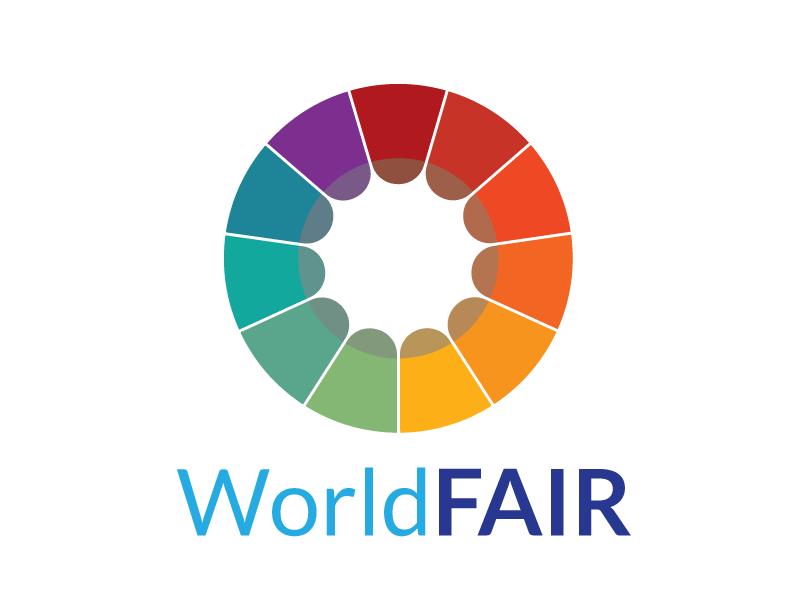FAIRification process#
The “FAIRification” is the process of transforming non-FAIR data into data which follows the four FAIR principles presented in chapter FAIR Principles.
The “FAIRification” process, as presented here, is composed by four steps:
Metadata standardization: is the description of metadata using a
formal, accessible, shared, and broadly applicable language for knowledge representationby adoption of metadata standards.
Data standardization: is the transformation of original data (non-FAIR) using a
formal, accessible, shared, and broadly applicable language for knowledge representationby the adoption of datavocabularies that follow FAIR principlesand includequalified references to other data.
Assign license: choosing and assigning a license for the dataset and documenting it using
FAIR resources.
Deploy and Publishing data: preparing data to be published in a
FAIR enabled data repositoryand generating apersistent unique identifierfor published datasets.
Warning
Although license information is part of the metadata, we have incorporated the license assignment as a separate step in the FAIRification process to highlight its importance. The absence of an explicit license may prevent others to reuse data, even if the data is intended to be open access.
Note
Deploying and publishing your data is optional for non-open/private datasets. But metadata MUST be deployed and published.
